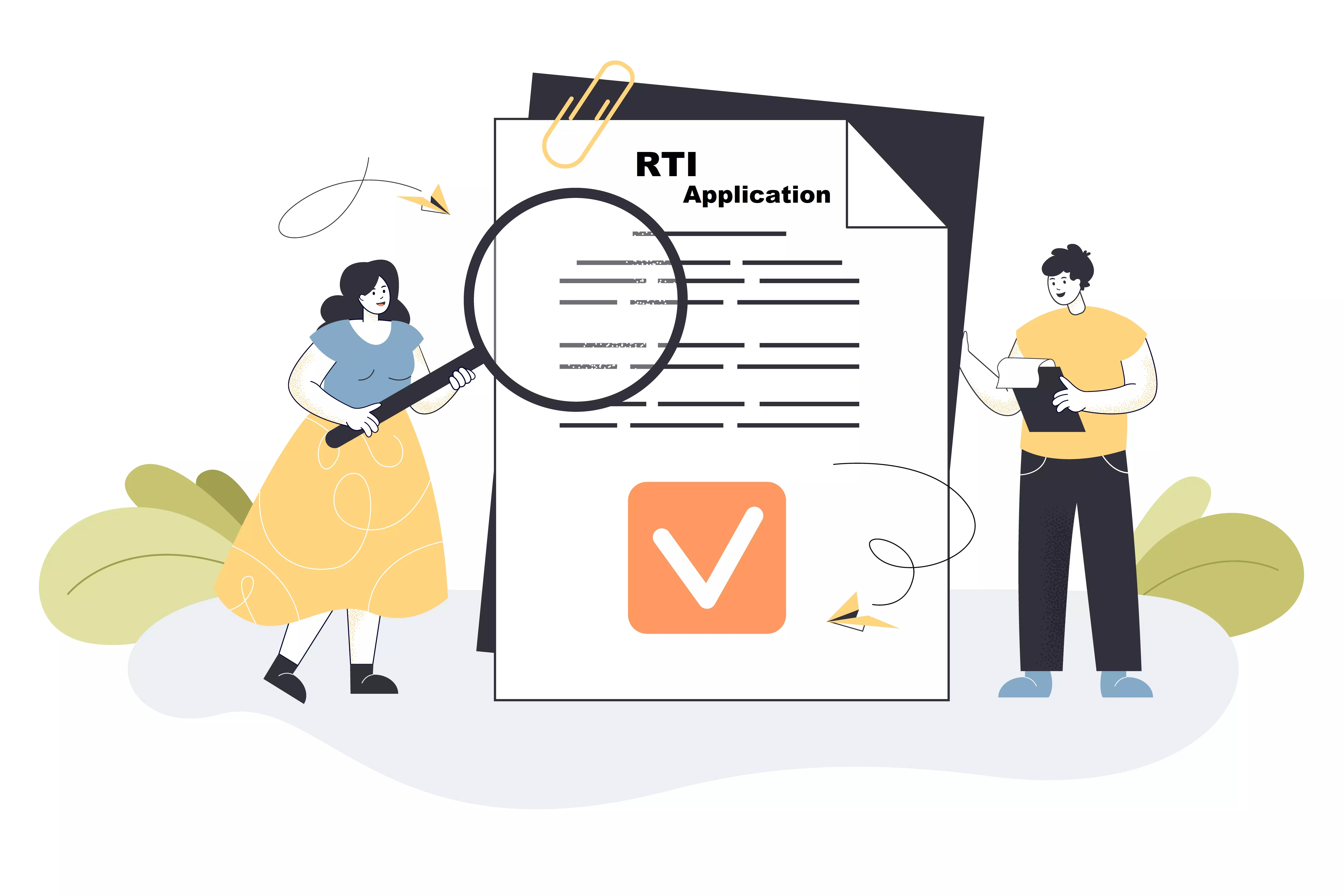Quasi-Judicial Authority: Meaning, Features and Examples
Quasi-Judicial Authority:
Meaning, Features and Examples
Quasi-judicial authority is a
term that describes the power or function of a non-judicial body to interpret
and apply the law, or to adjudicate disputes like a court of
law. Quasi-judicial authorities are usually created by statutes or regulations and operate within a specific domain of expertise or jurisdiction. They
are often involved in holding hearings, conducting investigations, making
decisions, or reviewing claims or rules. Their decisions may affect the legal
rights, duties or privileges of specific parties, and they may be subject to
judicial review by a court of law.
Meaning of Quasi-Judicial Authority
The term quasi-judicial authority is derived from the Latin word quasi, which means "as if"
or "almost". It implies that such an authority is not fully judicial,
but has some judicial characteristics or functions. Quasi-judicial authorities
are also sometimes called administrative tribunals, arbitration panels,
regulatory agencies, or statutory bodies.
Quasi-judicial authorities are
different from judicial authorities, which are courts of law or judges that
have the power to adjudicate disputes and administer justice according to the
law. Judicial authorities are bound by the principles of natural justice, due
process, precedent, and separation of powers. They can also create new laws in
the absence of existing laws or precedents.
Quasi-judicial authorities are
also different from administrative authorities, which are government agencies
or officials that have the power to implement and enforce the law, or to
perform executive functions such as policy-making, planning, regulation, or
supervision. Administrative authorities do not have the power to adjudicate
disputes or impose legal penalties unless they are also vested with quasi
judicialquasi-judicial functions.
Features of Quasi-Judicial Authority
Quasi-judicial authorities have
some common features that distinguish them from judicial and administrative
authorities. Some of these features are:
- They have the power to interpret
and apply the law to specific cases or situations.
- They have the power to
adjudicate disputes between parties or to grant permissions or reliefs to
parties.
- They have the power to remedy
a situation or impose legal penalties on parties who violate the law or their
decisions.
- They have the power to hold
hearings, gather evidence, and make decisions based on the evidence presented.
- They have the power to follow
their own procedures and rules of evidence, which may be less formal or strict
than those followed by courts of law.
- They have the power to act as
both a party and a judge in a matter, depending on their governing laws or
regulations.
- They have the power to make
decisions that are legally binding and enforceable on parties, subject to
judicial review by courts of law.
Examples of Quasi-Judicial Authority
There are many examples of quasi-judicial authorities in different countries and domains. Some of them
are:
- Securities and Exchange Board
of India (SEBI): It is a statutory body that regulates the securities market in
India. It has quasi-judicial powers to issue licenses, conduct inspections,
investigate violations, impose sanctions, and adjudicate disputes relating to
securities laws.
- National Human Rights
Commission (NHRC): It is a statutory body that protects and promotes human
rights in India. It has quasi-judicial powers to inquire into complaints of
human rights violations, recommend measures for their prevention or redressal,
and award compensation to victims.
- National Green Tribunal
(NGT): It is a statutory body that deals with environmental issues in India. It
has quasi-judicial powers to hear environmental protection and conservation cases, grant relief and compensation to affected parties, and
enforce its orders.
- Armed Forces Tribunal (AFT):
It is a statutory body that adjudicates disputes and complaints relating to
service matters of armed forces members in India. It has quasi-judicial powers to hear appeals against court martial verdicts, decide on matters of pay
and pension, and grant relief and compensation to aggrieved parties.
- Central Vigilance Commission
(CVC): It is a statutory body that supervises and monitors the anti-corruption
activities of public servants in India. It has quasi-judicial powers to inquire
into complaints of corruption, recommend disciplinary action against corrupt
officials, and advise the government on anti-corruption policies.
Conclusion
Quasi-judicial authority is a
concept that refers to the power or function of a non-judicial body to
interpret and apply the law, or to adjudicate disputes like a
court of law. Quasi-judicial authorities are usually created by statutes or
regulations and operate within a specific domain of expertise or
jurisdiction. They have some common features such as holding hearings, making
decisions, imposing penalties, and being subject to judicial review. They play
an important role in ensuring justice, fairness, and efficiency in various
fields of law and administration.













Comments
Post a Comment
Thanks, For Your Valuable Comment